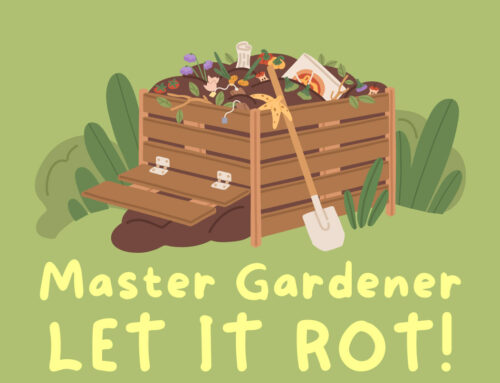 Is there a White Rock dog in the Trinity Toll Road hunt? Do the neighborhoods of White Rock Lake have a stake in the debate?
Is there a White Rock dog in the Trinity Toll Road hunt? Do the neighborhoods of White Rock Lake have a stake in the debate?
This version of the toll road has been a headline mainstay since the first public vote in 1998. In this City Council election, 17 years after the electorate first approved the concept, where does it lie in the collective minds of the voters of District 9 and 10 and the candidates vying to represent them?
In District 10, candidate Adam McGough maintains “the transportation issues for Lake Highlands voters are the 635 East improvements and the Skillman gateway, not the Trinity Toll road.” Having said that, McGough understands that some LH residents “are not close to the toll road, but will be affected by it.” He supports the “Balanced Vision” plan and Mayor Rawlings — no surprise given his most recent position as the Mayor’s Chief of Staff.
Paul Reyes is 1) also running in District 10 and 2) also a previous Chief of Staff (former State Senator John Corona) and 3) also supports the “Balanced Vision”. Paul believes that it’s not only a Lake Highlands issue but an issue “for all communities” as funding and resource commitments from the City will be affected by a toll road between the levees.
The third candidate for District 10, James White, says that “if 635 East will cost $650 million and the Skillman work will be $50 million and the Trinity Toll Road sucks resources from there, it’s definitely a neighborhood issue.” White is a vocal opponent of the road, a position that distinguishes him from opponents McGough and Reyes.
Meanwhile, south of Lake Highlands, the toll road also is being discussed.
“When I have walked the neighborhoods of District 9, the people I have spoken to want to discuss White Rock Lake, streets and police and crime,” says Christopher Jackson, candidate for District 9. “The folks that have answered my doors don’t talk about it.” Jackson is a supporter of the “Balanced Vision” plan and aligns with Mayor Mike Rawlings’ support of the road. “Other things are on their mind,” he says of District 9 voters.
Mark Clayton, another candidate for the open seat in District 9, sees it differently. At the East Dallas Chamber of Commerce candidate forum March 17th, Clayton as clear: “The first thing I will do is kill this project.” Earlier in the same day but at a different venue, Clayton called it “a litmus test” for this race and said: “Dallas should not be a truck stop for the entire region. Creating jobs and a larger tax base in the southern sector of Dallas will mean more money for parks and streets in our district.”
Sam Merten, another of five candidates for District 9, paints the issue similarly. “Although the Trinity Toll Road may have no direct impact on our district, it is an important issue for the neighborhoods — it’s a reflection of how a candidate feels about the City.” Merten acknowledged that “it’s rare when people say anything about it” when he is door-knocking, and it’s not nearly as important as streets or crime from his walks, but he believes that the toll road issue is a measure of the “old mentality of using concrete to solve our traffic problems.”
Another candidate for District 9, Darren Boruff, doesn’t believe it’s a neighborhood issue. To Boruff, the issues are “schools, green space and appropriate economic development.” Boruff noted that when he is talking to voters, “it’s just not top of mind for the people I have spoken to. And when I walk, I am there mostly to listen.” Boruff is also on record as supporting the “Balanced Vision “ plan.
Rounding out the field for District 9 is Will Logg. His take is that “the toll road shouldn’t be an issue, but it apparently is as our tax dollars will pay to fund it. It is important for District 9 to get out and fight it.”
So back to the question. Is the Trinity Toll Road a neighborhood issue for East and Northeast Dallas? As the races heat up, what initially is a street and parks and schools debate may well be shouted down by a proposed road that doesn’t come within 10 miles of White Rock Lake.
Maybe Boruff summed it up as he paused before answering. “It’s complicated.”





